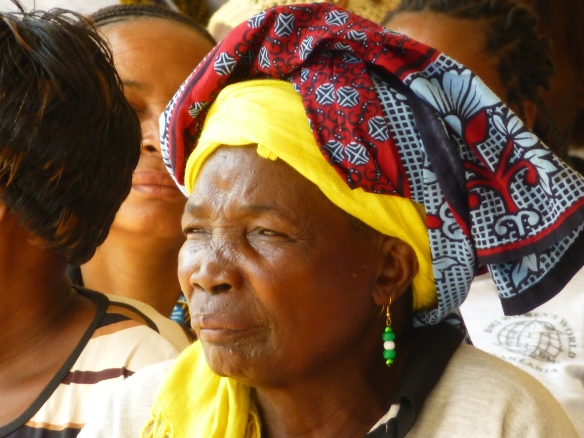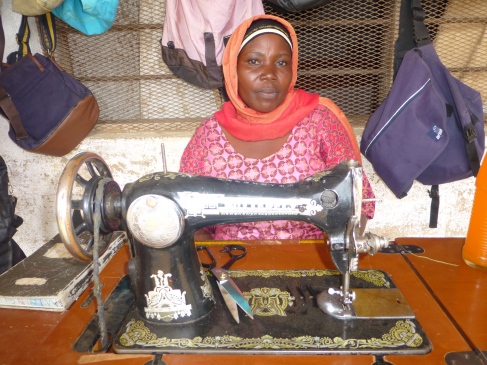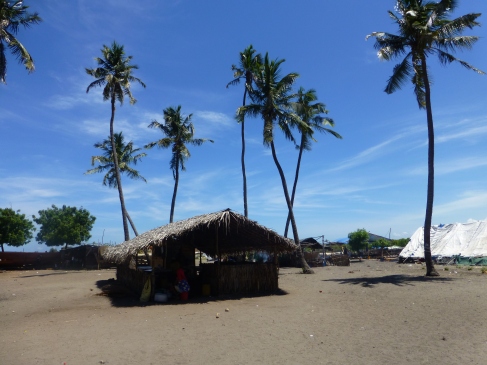Last Saturday 8th of March we were invited to celebrate with the DMI (Daughters of Mary Immaculate) sisters the International Women´s Day. More than a thousand women attended to the meeting held in St. Joseph´s University near Kimara, in the outskirts of Dar Es Salaam.
At ten in the morning, the women arrived to the place where the meeting was held. All of them happy and continuously singing and dancing, came walking from some kilometers away, and were glad to be invited by these Indian Sisters. Most of them are beneficiaries of the microcredit program that the sisters carry out since some years ago not only in Tanzania, but in Ethiopia, South Sudan, Malawi and Uganda as well. Others, are actively involved in the Self Help Groups (SHG) that cover different issues such as nutrition, sexual education or access to public services. Nevertheless, all of them take part in the women’s empowerment strategy led by this religious organization.
The event was inaugurated by the representative of the former First Lady, from the times of Benjamin Mkapa. She was supposed to attend the meeting, but due to last time appointments, she wasn´t able to go. Dar Es Salaam´s bishop was also there, showing his support to all these women, accompanied by some of the DMI sisters. Nevertheless, the main protagonists were the beneficiaries, who presented the event themselves and showed great enthusiasm, making the morning very pleasant.
All of them gave speeches and remembered to the women how important it is for them to stand strong. Because they are mainly the ones in charge of their households as well as the education of their children. Exemplary and strong women that got together thanks to these sisters in small groups of 15 women and that support each other everyday in their work.
The morning was a succession of dances, theater plays and celebrations carried out by all these women, as well as by their daughters that represent the future generation of Tanzanian women. Therefore, it was important for them to be there as well.
The day finished with a big common lunch of typical Tanzanian food: rice, meat, vegetables and beans. All the women and other people invited ate together and went home with a very big smile in their faces and with a common thought: the union of the women empowers them in many aspects of their lives.
































